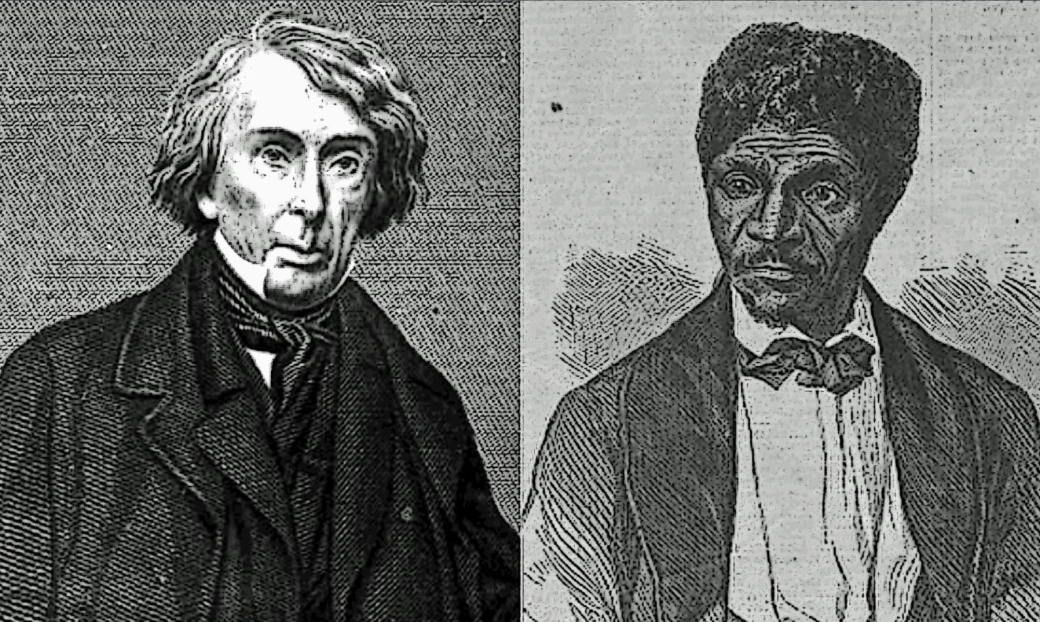Lawful Extremism: Extremist Ideology and the Dred Scott Decision
| by JM Berger

Abstract
Can legal codes and court rulings function as extremist ideological texts?
Academics usually define extremism as a set of beliefs that fall outside the norms of the society in which they are situated, but entire societies have at times been organized around recognizably extreme beliefs. This paper will examine the U.S. Supreme Court decision in Scott v. Sandford, 60 US 393 (1856), more commonly known as the Dred Scott decision. Widely considered the worst Supreme Court decision of all time, the opinion written by Chief Justice Roger B. Taney decreed that Black people, whether enslaved or free, could never become citizens of the United States and that they had no rights under the Constitution.
This paper will analyze the Dred Scott decision to consider whether and how it implements and institutionalizes many widely recognized tropes of extremist ideology. The paper will conclude with a discussion of empirical frameworks that can enable and empower the study of lawful extremism.
Download PDF
To Cite: Berger, J.M. “Lawful Extremism: Extremist ideology and the Dred Scott decision.” Center on Terrorism, Extremism and Counterterrorism, Middlebury Institute of International Studies. Occasional paper. November 2023. https://doi.org/10.57968/Middlebury.24514522.v1
